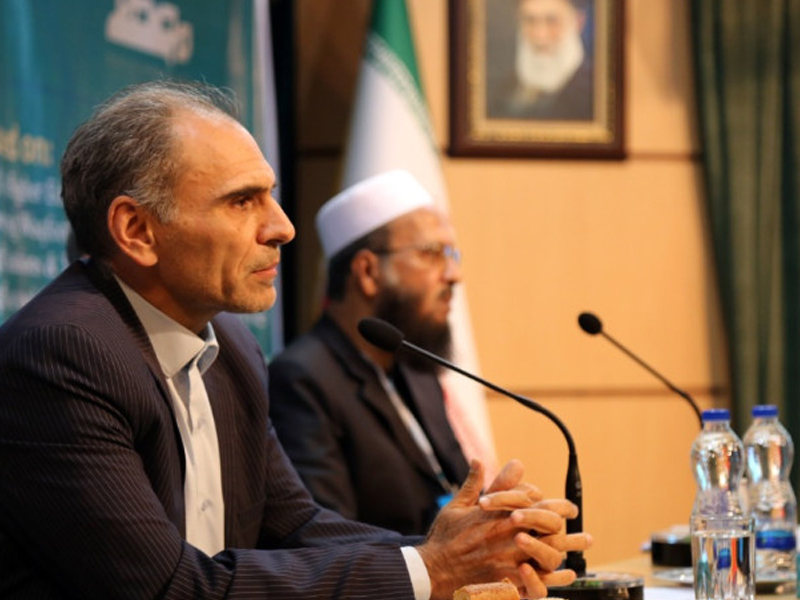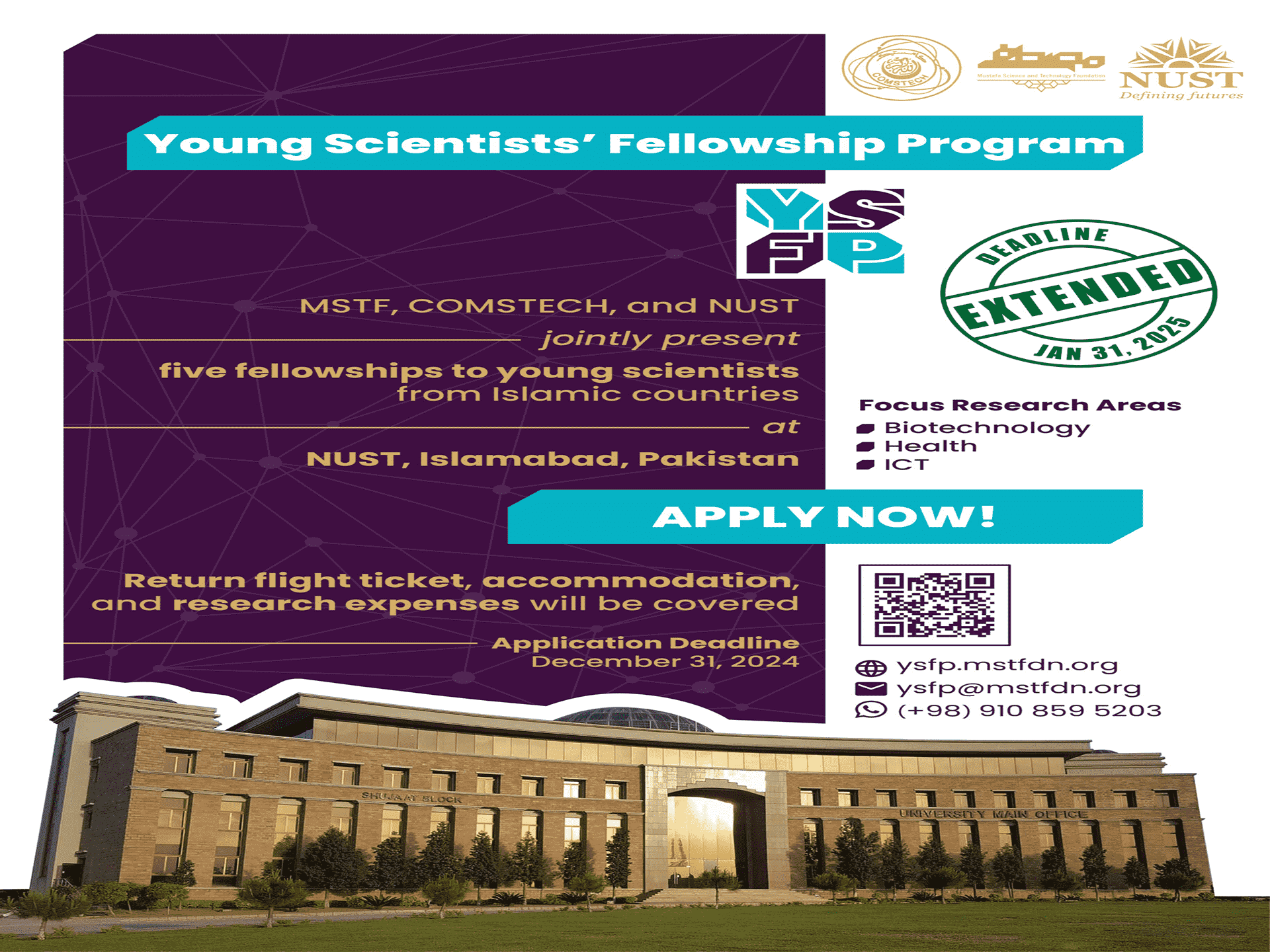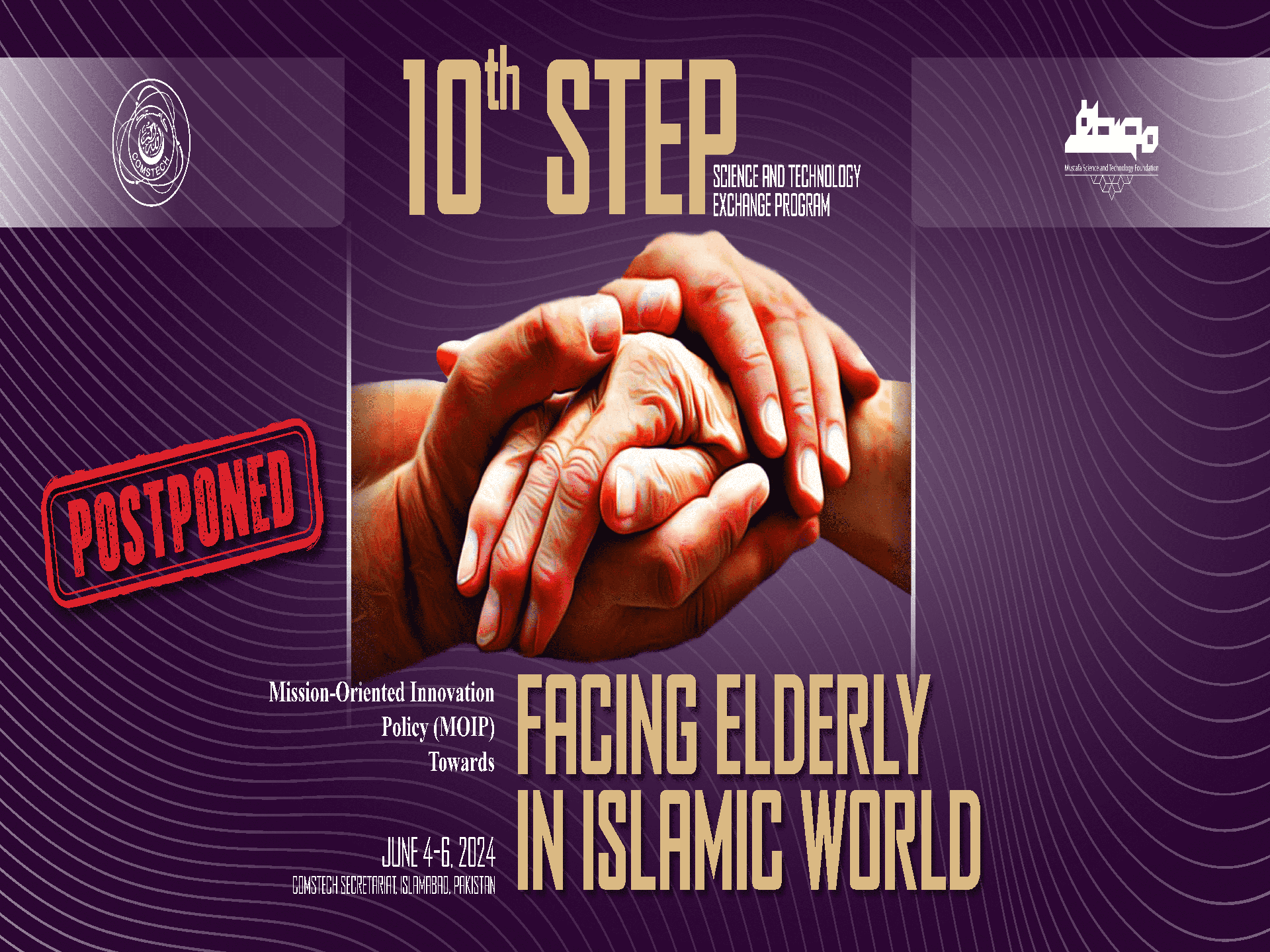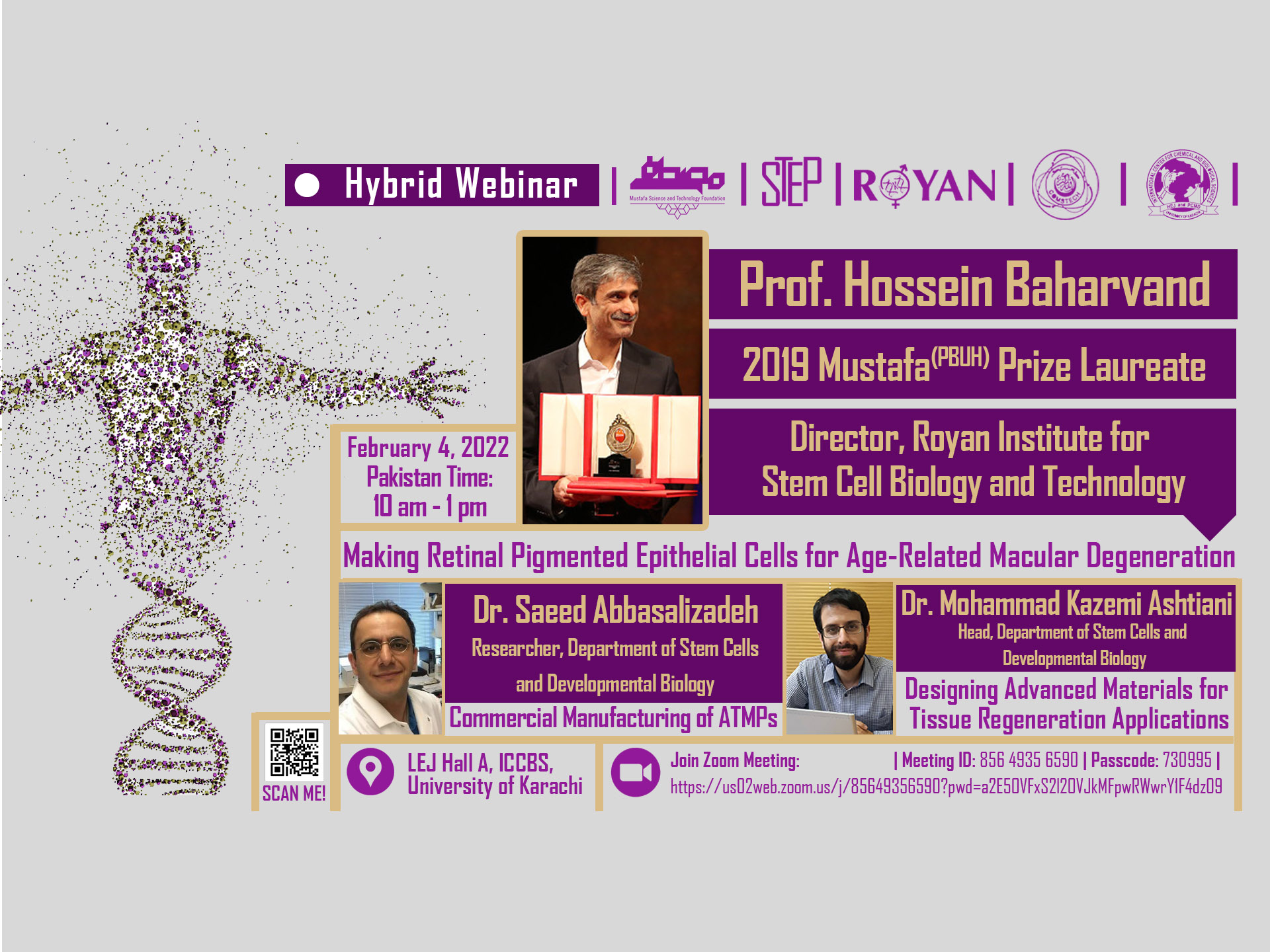
6th STEP

Waqf and financing strategies in Islamic countries were discussed at Imam Sadiq University
10 Nov. 2019
MSTF Media reports:
On the 10th of November in Imam Sadiq University, an advisory council was held during the lunch break so that professors and STEP guests could discuss two issues raised by Prof. Sadeghi. The first question was how to establish and hold the advisory council of financing science and technology committee and the second question was how to create waqf fund for financing science and technology in Islamic countries.
So the guests started giving their suggestions one by one. Aishath Muneeza was the first to answer. She mentioned that it is important not only to have individual members represented in the committee but also to have institutional members because there is the need for institutions' experiences in the committee. Moreover, there should be different individual categories from financial and academic institutions. Concerning the second question she said that there are already many local places established and even if Mustafa Foundation comes up with waqf it will not make any special difference. So the solution in her idea is a new kind of innovation which is waqfcoin. She said that this is beyond the traditional waqf and since it is Internet based, everybody can easily have their share in less than no time. It is also blockchain-based which raises the confidence in the system. Also in the current waqf, marketing strategies are very important because having a fund is not difficult but promoting it is the difficult part.
Atiq-uz-zafar khan added that since this issue is concerned with science and technology, experts in these fields must be given property and good instructions. In addition, countries joined with Mustafa Foundation must establish their own local committees as well so that not only can they cooperate with each other but also they can have such activities within their own countries, too. He also said that because the purpose of waqf is to support advancement of scientific technology among Islamic countries, we can start with those countries which are not in conflict with each other. If large numbers of countries join, others will follow automatically. Later he added that some incentive must be given so that all Muslim countries in particular and humanity in general will be helped. People also contribute when they see the fruit and result of their deeds.
Tawfiq Al Lawati from Oman was the next to give suggestions. He mentioned that a political answer is needed rather than a scientific one. He said that these gatherings are more like initiatives but if the honor is for all and everybody feels to own it the reaction will be different. He also said that if we can bring the majority to this state, we can make it more applicable to these countries and there would even be more success. Concerning the advisory board he said that it depends on whether the political states want to participate or not. So in his idea the key point was political acceptance not the existence of organizations. Later, Wan Kamal Mujani agreed with Tawfiq Al Lawati and said that we should have prominent scientists to found the advisory board.
Abdul Gani Isa was next to talk. He mentioned that if governments join and help the organizations, benefits would increase. It is because of a lack of governmental support that the poor do not receive their rights. Then Qasim Ashraf said that we need to create awareness of the importance of waqf among the ummat. He also suggested that universities be engaged and be given some small goals to follow.
Then Dudi Hidayat from Indonesia talked about the issue as an expert in scientific research. He said that if each country which has waqf agency could put certain amount of money in the supposed fund, all members could use the money and research projects would be some collaborative ones.
Finally, Jean Njoya from Cameroon said that African countries are in a complicated situation. They are facing ideological and social threats so we should convince the authorities that we should raise such organizations.
The 6th STEP in the field of waqf and financing science and technology which was held in Imam Sadeq University on November 10 ended in the afternoon of the same day.





